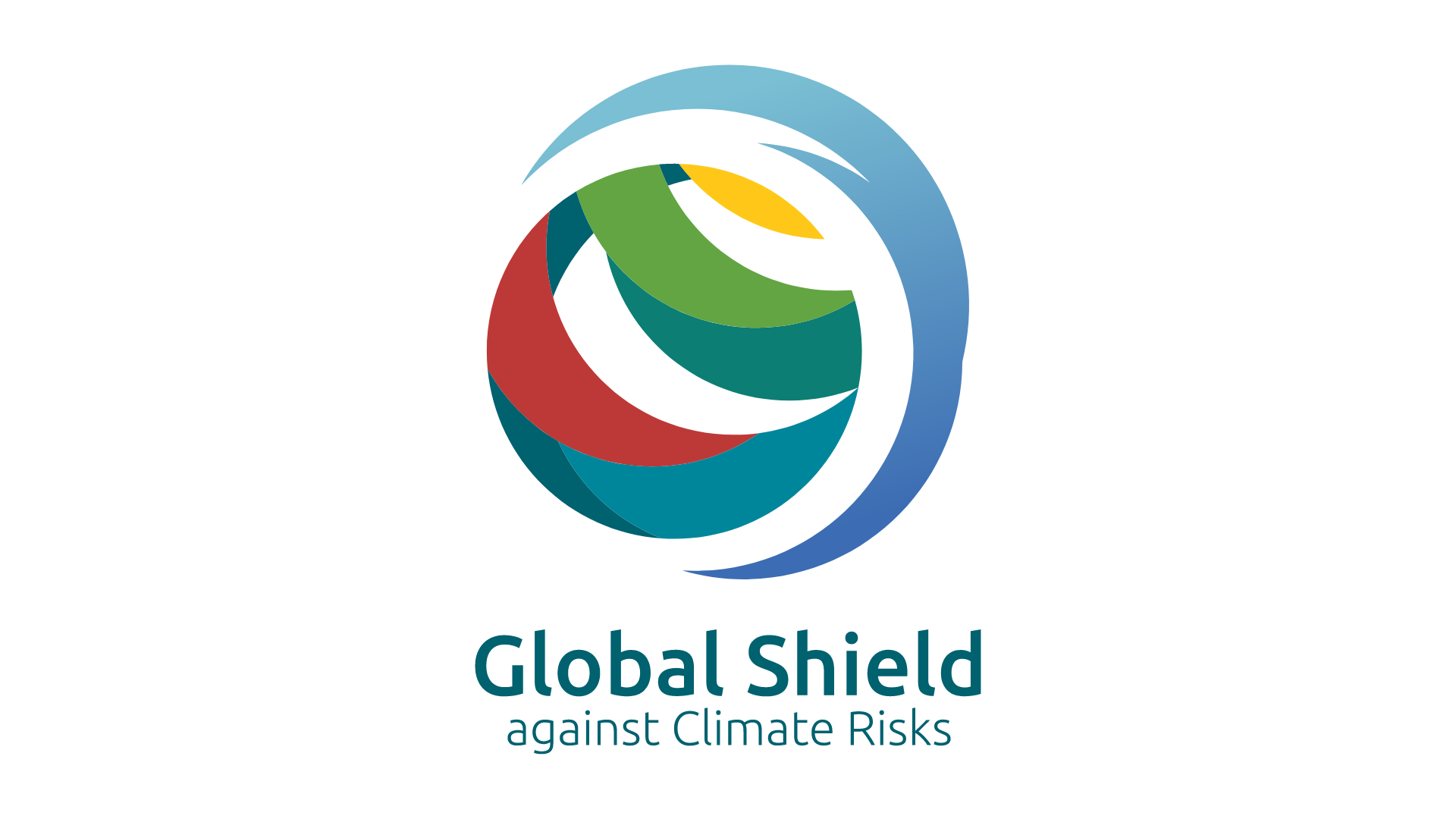Construction of a embankment on the banks of the Mayur River in the town of Khulna in south-western Bangladesh
Copyright© Thomas Trutschel/photothek.net
Climate change and development policy Adaptation to climate change
Adaptation of lifestyles and economies to the impacts of global warming is enshrined as a key objective in the Paris Agreement (External link) alongside climate change mitigation. In addition, the international community adopted the UAE Framework for Global Climate Resilience in 2023, which lays down global key priority sectors in which international cooperation on adaptation is to be increased.
However, in those countries where adaptation is most urgent there is often a lack of funding for quick and effective action. That is why industrialised countries like Germany made a commitment to support the planning and implementation of such measures, for instance through funding, technology transfer and local capacity development. This enables particularly vulnerable countries and communities to implement changes that are urgently needed for increased resilience.
Germany is working at the international, bilateral and regional levels to make communities, habitats, ecosystems and economic systems more resilient to climate change impacts in order to prevent human suffering, environmental degradation and economic loss from the outset.
What the BMZ is doing
The BMZ pursues a comprehensive, partnership-based approach to strengthening resilience against climate change. This includes:
- Comprehensive climate risk management. Analysing and assessing climate risks and assisting experts in selected countries in producing risk analyses and risk profiles and, on that basis, developing and implementing effective strategies and measures.
- Responding to loss and damage. Working closely with partners in order to develop a support architecture to improve capacity for responding to the consequences of climate change, such as the Fund for responding to Loss and Damage (FRLD (External link)), the Santiago Network (External link) for technical assistance and the Global Shield against Climate Risks (External link) – with a view to providing reliable protection against climate risks, expanding early warning systems and giving countries and people access to the necessary funding when a disaster happens.
- Conducive environment. Supporting the development of national adaptation strategies and efforts to build expertise and institutional capacity; bringing expertise and private capital on board, for instance through the NAP Global Network (External link).
- Biodiversity and ecosystem protection. Supporting and implementing nature-based solutions (NbS) such as Ecosystem-based Adaptation (EbA) because such solutions facilitate the combination of biodiversity conservation with mitigation and adaptation. Examples include ecosystems such as mangroves and coral reefs, which provide natural protection against storms and against the consequences of rising sea levels.
- Food security. Fostering low-carbon, resilient agricultural and food systems in order to ensure food availability and access at the local, regional and global levels.
- Water security. Reducing water losses, promoting water reuse and storage, protecting and renewing groundwater resources and developing water use plans in order to make water management climate-resilient.
- Infrastructure: Fostering resilient infrastructures that can withstand extreme weather events and slow-onset climatic and environmental changes, including in urban settings.
- Climate and Development Partnerships. Working with selected partner countries to develop strategies that combine climate neutrality, climate resilience, economic change and social justice.
- Ownership. Supporting key initiatives by partner countries, for example the Vulnerable Twenty (External link) (V20) Group, Africa Adaptation Initiative (External link) (AAI), Coalition for Disaster Resilient Infrastructure (External link) (CDRI)
- Coordinated international action. Joining forces with the European Commission and other EU member states and engaging as part of Team Europe in order to foster coherent, effective adaptation and mitigation efforts.
Financing of measures
In the climate finance it provides, Germany wants to achieve a balance between mitigation and adaptation funding. In 2024, the BMZ provided around 2.8 billion euros for adaptation measures, which was about 46 per cent of Germany's total climate finance. Most of this funding goes directly to cooperation projects, for example in the fields of agriculture, water, and urban and rural development.
In order to contribute to the climate finance targets set out in the Paris Agreement, Germany has made a commitment to provide 6 billion euros annually for climate finance by 2025. After 2022, Germany again achieved this target. In addition, Germany has been working to facilitate fair access to multilateral climate funds and to encourage increased private sector engagement in sustainable investment.
Investing in adaptation to climate change pays off. Without timely precautions, the cost of damage and loss is two to ten times greater than that of adaptation measures. In the field of infrastructure in particular, it has been found that projects which are designed to be climate-smart from the start only cost three per cent more on average – and their long-term benefit by far exceeds the extra investment.
As at: 01/10/2025











